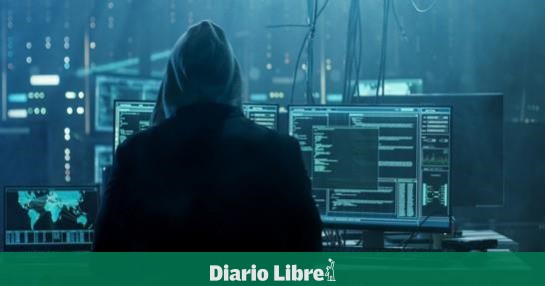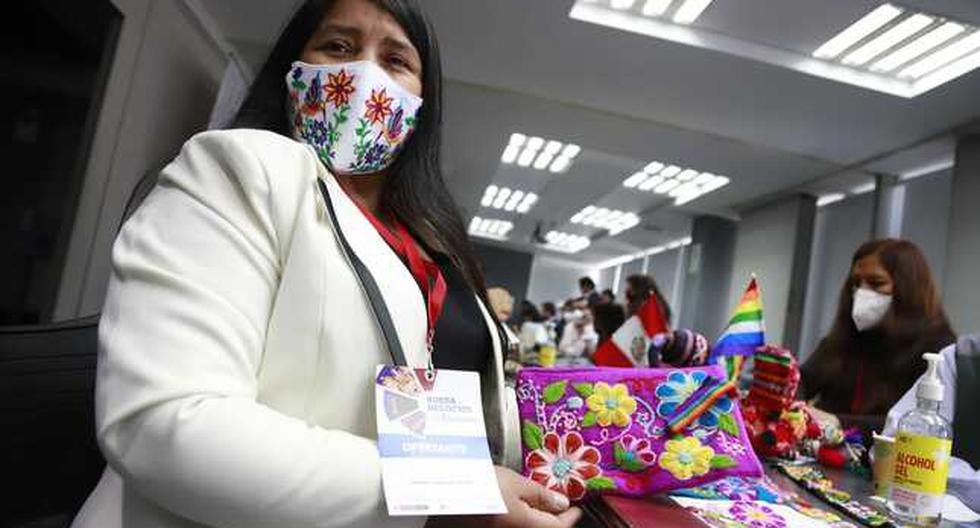Cybercriminals are increasingly sophisticated and seek more ambitious loot in people, companies and institutions, warned the global head of risks of the company of technology of payments VisaPaul Fabara, who decided to invest in technology to always be one step ahead of the thieves.
The pandemic caused millions of people and businesses to start in electronic commerce and with it increased the risk of fraud and cybercrime, and it became necessary to bet on cutting-edge security in financial transactions.
“Most criminals are much more sophisticated in terms of tools, skills and knowledge. And they are getting more into the denial of service attack or DDos and more specifically in the ‘ransomware’ (data hijacking)” in order to obtain a ransom, Fabara said in an interview with Efe.
For example, computer crime attempts in Argentina increased by 60% in 2020, the first year of the pandemic, according to data from the Argentine Association for the Fight Against Cybercrime, and in Spain 28% of Internet users Internet suffered a serious cybersecurity incident in the first half of 2021, according to a study by ObservaCiber.
To minimize the chances of success for fraud and cybercrime, Visa it has invested more than 9,000 million dollars in the last five years and has a team of more than 1,000 people who constantly monitor what is happening in the cyber payment ecosystem.
big game offenders
The director of the technological multinational recognizes that with the arrival of millions of new clients, the threats have increased and he does not believe that they will “reduce soon”, quite the contrary, since these thieves have access to the “same technology“than the big firms in the sector.
For this reason, he believes it is important to be “very humble” and be aware that one cannot “rest on our laurels” because thieves are “getting better and better and we have to have our guard up at all times”, although he does not foresee an increase in the percentage of crimes in relation to transactions.
“I think thieves will continue to be very active in the e-commerce space and a lot of them over time I think will move on to bigger crime,” he said.
The arrival of quantum computing in the sector will make everything “much more interesting”, because if an ordinary computer could take 92 years to decipher an eight-character code with the new technology that number is “dramatically reduced,” he said.
But he warned that beyond companies and institutions, many cyber criminals they could again target individuals, who could also be victims of data hijacking, so the general population must protect itself.
“Layers” of security
Fabara, who before entering Visa in 2019 he had worked in American Express and Barclay’s, highlighted that the barriers to stop these fraud attempts and cybercrimes are there and they work.
To their team of a thousand people, which monitors, scans and reviews systems to detect suspicious activities and vulnerabilities, they add artificial intelligence, in which they have invested 500 million dollars to detect fraud through their extensive base of data from billions of operations.
They have added more “layers” to security and customer data is protected wherever transactions take place through token-anchored authentication, reducing the risk of identity theft.
For this director of Ecuadorian origin, education in this area is also key and he was pleased that, at the same time that there was a transfer to electronic commerce, the pandemic also accelerated “dramatically” the need and interest in learning from the people, plus five years of training compressed into a few months.

















